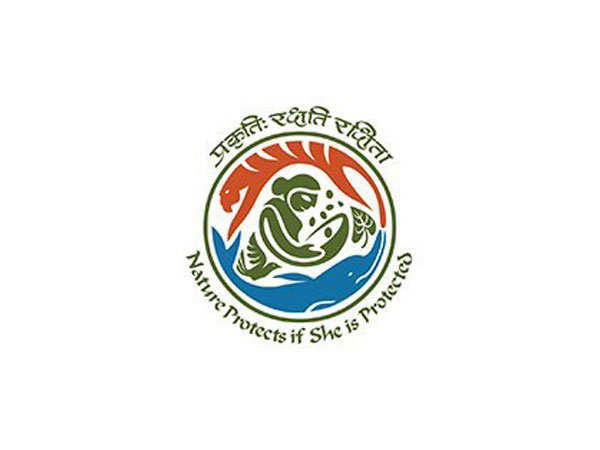Govt Notifies Environment Audit Rules 2025 to Boost Compliance & Transparency
The new rules aim to bridge these deficits by creating a framework for independent, third-party environmental audits, thus ensuring that compliance is credible, measurable, and enforceable.

- Country:
- India
In a landmark step towards strengthening environmental governance and advancing the Government’s vision of Ease of Doing Business through trust-based regulation, the Union Ministry of Environment, Forest and Climate Change (MoEFCC) has notified the Environment Audit Rules, 2025. The new framework draws upon global best practices and seeks to fill critical gaps in India’s existing compliance monitoring system.
Addressing Gaps in Compliance Monitoring
Environmental compliance in India is governed by key statutes, including the Environment (Protection) Act, 1986, the Forest (Conservation) Act, 1980, the Wildlife Protection Act, 1972, and the Green Credit Rules, 2023. Implementation, however, has been constrained by limited manpower, resources, and infrastructure across regulatory bodies such as the Central Pollution Control Board (CPCB), regional offices of MoEFCC, and State Pollution Control Boards (SPCBs).
The new rules aim to bridge these deficits by creating a framework for independent, third-party environmental audits, thus ensuring that compliance is credible, measurable, and enforceable.
Key Features of the Environment Audit Rules 2025
-
Certified Auditors: Individuals will be certified as Environmental Auditors (EAs) through either scrutiny of qualifications and experience or a National Certification Examination (NCE). Recognition of Prior Learning (RPL) is also included.
-
Registered Environment Auditors (REAs): Only certified auditors registered with MoEFCC can conduct audits.
-
Environment Audit Designated Agency (EADA): The nodal body responsible for auditor certification, registration, monitoring, disciplinary action, capacity building, and maintaining an online register.
-
Random Assignment of Audits: REAs will be allocated projects via a randomized assignment system, eliminating conflicts of interest.
-
Scope of Audits:
-
Compliance evaluations across major environmental and forest laws.
-
Sampling, analysis, and verification under the Green Credit Rules.
-
Audits under waste management rules.
-
Calculation of compensations for violations.
-
Verification of self-compliance reports submitted by project proponents.
-
Oversight and Monitoring
A Steering Committee, chaired by an Additional Secretary, MoEFCC, and comprising representatives from CPCB, SPCBs, and other divisions, will oversee the rollout, track progress, and suggest reforms.
Expected Outcomes
-
Strengthened Compliance: Independent third-party audits will bolster trust in monitoring outcomes.
-
Regulatory Capacity Building: A pool of trained professionals will ease the burden on CPCB and SPCBs, enabling them to focus on high-risk enforcement.
-
Alignment with Emerging Frameworks: The rules complement instruments like the Green Credit Programme, Eco-mark certification, and Extended Producer Responsibility (EPR) under waste rules.
-
Transparency and Ease of Doing Business: Random auditor allocation and digitized processes will reduce subjectivity, ensure unbiased reviews, and build trust among industries and communities.
-
Data-Driven Governance: Regular audits will generate digitized, verifiable data on emissions, waste, and resource use—supporting informed policy decisions and greater public disclosure.
-
Proactive Risk Management: Early detection of non-compliance will enable timely corrective action and prevent environmental degradation.
A Reform-Oriented Approach
By formalizing the role of independent, certified auditors, the Environment Audit Rules, 2025 mark a major reform in India’s regulatory landscape. They seek to balance sustainable development goals with industrial growth, ensuring that India’s economic expansion is accompanied by transparent, accountable, and science-driven environmental governance.










